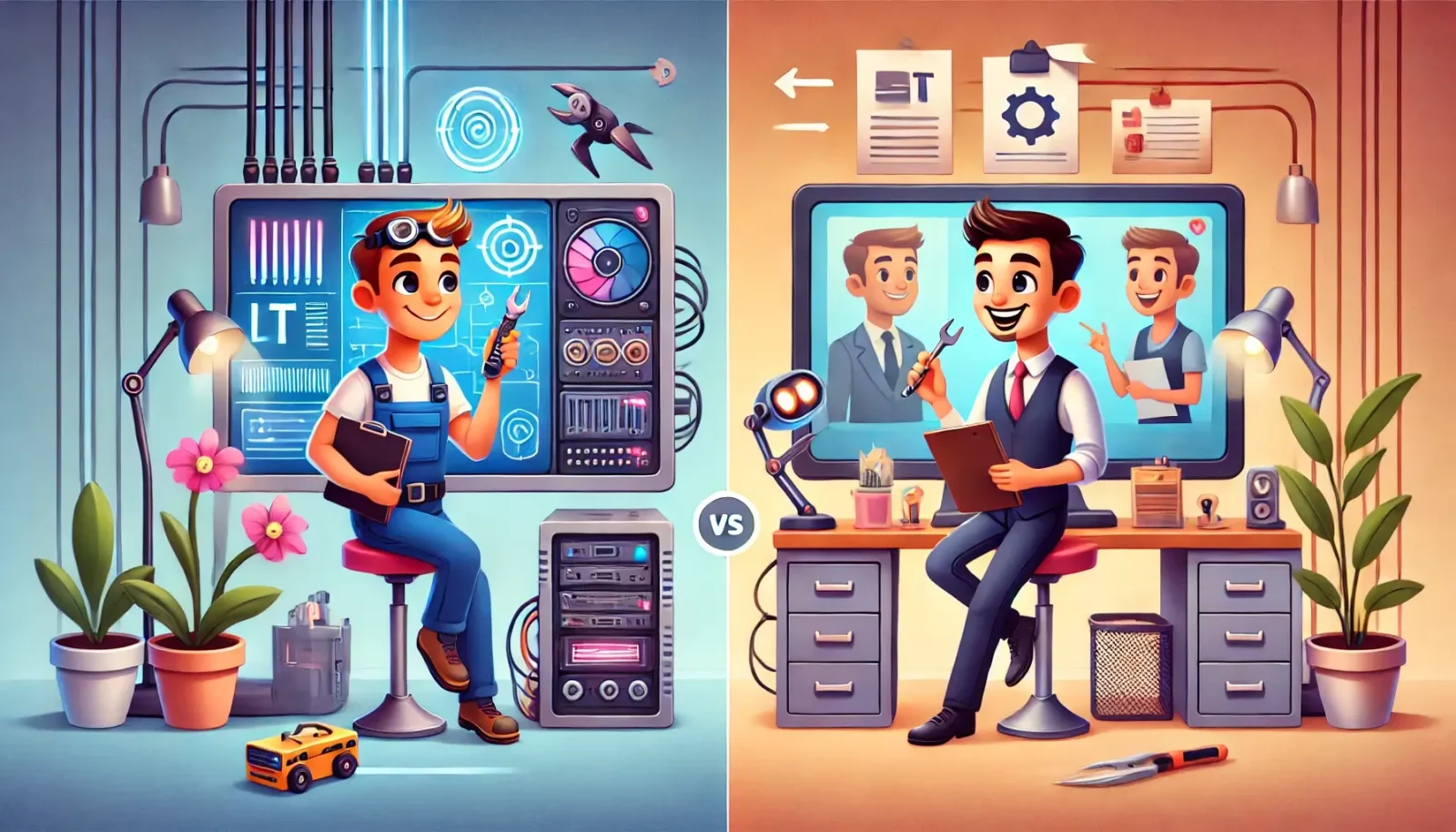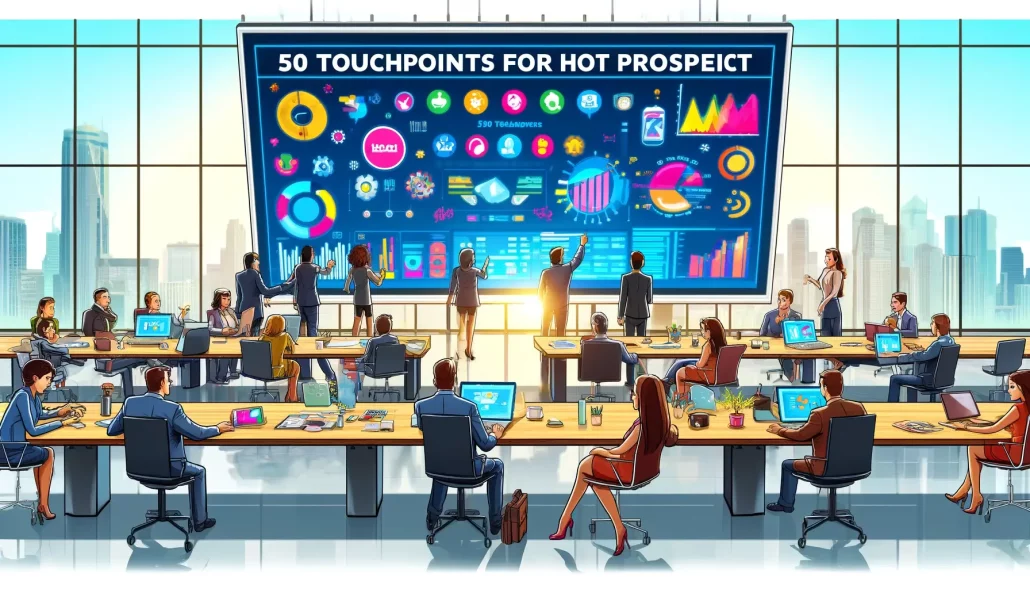Tell me... which of these three differentiators would work best for your MSP?
MSPAlliance estimates there are 150,000 MSPs in the world. As you and I know, in theory an MSP can support any business anywhere in the world.
Which means when an ordinary business owner or manager has finally given up on their incumbent and they are ready, willing and able to switch... with so much choice, why would they pick YOU?
This is a question about differentiation...
What makes you a better choice than the other MSPs they could look at?
The problem with differentiation is that you must look at it from the prospect's point of view, not yours.
YOU know that you offer very good strategic advice... that your team's technical super powers are better... and that you have a superior tech stack.
THEY don't care about these things. Instead they want to know stuff like:
- Will everything just work?
- My staff will stop complaining that their computer is slow, right?
- Can I get support if I'm working late at 8pm?
Ordinary decision makers pick an MSP based on how they feel about them. They do this because their brain can't judge which MSP is better by facts alone. Non-technical people find it hard to assess the competency of a technology company.
So you know what? I think you owe it to them to make their life easy. To give them a clear emotional reason why they should pick you.
Here are three ideas.
1) Be the face of the business
We know that people buy from people, so give them an authentic person to buy from. This is what I do with my MSP Marketing Edge. There are 12 of us on the team but I'm the pretty face of the business 😃 I'm all over the website, I do the podcast, I write stuff like this.
You can do the same in your MSP.
It's more than just putting your photo everywhere. You want every bit of communication and content that comes out of the business to reflect your authentic personality.
When you use your personality to guide your marketing, something special happens. First, your marketing becomes utterly unique. There's no-one else like you and never will be. Another MSP using their personality to guide their marketing will always get a different end result.
And when prospects consume personality-driven marketing, they quickly decide:
- Either that you're not for them, which is OK
- Or they form a bond with you, before they've even met you
This is insanely powerful. They get to know you, to like you and start to trust you... months or years before they consider buying from you.
Just off the back of authentic personality marketing. Their business becomes yours by default. There's nothing any of your competitors can do to beat that.
2) Pick a vertical/niche
The power of a vertical can be summarised in three beautiful words: Pure marketing focus.
When you market to a specific niche, you can reach more people and have more influence, with less effort.
Let's say your MSP's marketing positions you as an expert in technology for CPAs (accountants). And you show this with:
- A website that's just about technology for accountants
- Testimonials and case studies from accountants
- Downloadable guides about the software they use every day
- A LinkedIn profile that's only connected to other accountants. And only posts about technology for accountants
- Regular blog content and LinkedIn Newsletters about technology for accountants
Any accountant looking at a new MSP would HAVE to check you out, right?
In addition you’ll find closing the sale easier. Most B2B buying decisions are not made on price alone. Price is A factor, but not THE factor. Instead, buyers are looking for the right mix of factors in their IT support partner. One of those is the perceived quality of what you do.
And people perceive specialists to be of a higher quality. In fact, they expect to pay more for this.
SIDE NOTE: The vast majority of MSPs with a vertical run it alongside their general business. This is highly recommended, as it allows you to dip your toe into the vertical and see if it works for you. Consider setting up a separate website for your vertical. A page on your website is OK, but an entire website really sends a message of perceived specialism.
The “all in” method is to marry your market, and stop looking for new general business. This is brave, and should only be attempted when you know 100% that you have a good vertical, and they will buy from you.
3) Go further than anyone else on the small things that matter the most
Above, I mentioned ordinary decision makers saying things like "can I get support if I'm working late at 8pm?". That's an example of a small thing that makes a massive difference to people's lives.
What are the small things that matter to your prospects, and how can you go further than anyone else?
- Can you offer spread out payment terms on hardware by picking a different distributor?
- Can you partner with a business like Uptime Solutions to give you 24/7 helpdesk while you sleep?
- Can you send a technician to your clients' site once a month. Where they mop up those small tech problems that clients don't report but still get annoyed about (printers - I'm looking at you).
On that last one, I know you don't want to send a technician to a site to find problems, because that's a profit suck. And most MSPs feel that way. And that's EXACTLY why it would be a smart marketing differentiator.
Imagine writing this on your website: We're the only IT support business in <Your City> who will visit your office every month to fix all small but annoying tech problems before they can interrupt your staff... (AND we bring cookies 😃 ).
Tell me... which of these three differentiators would work best for your MSP?




